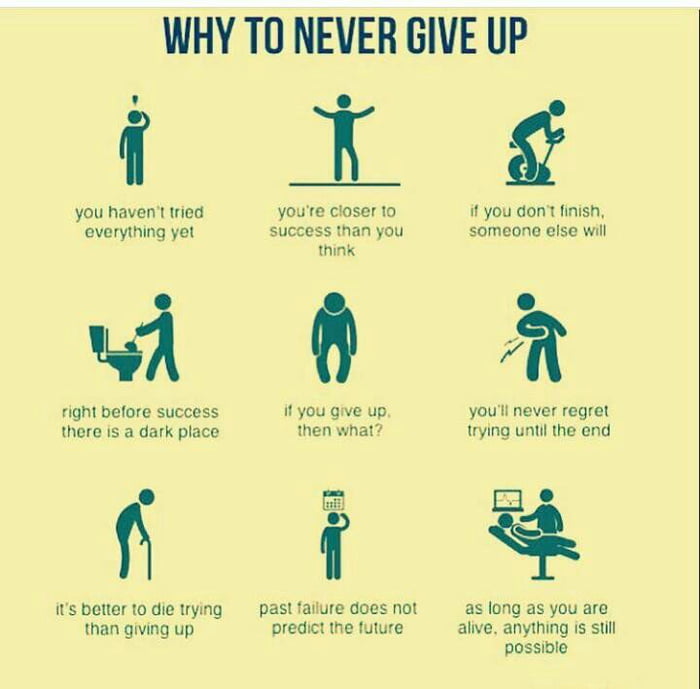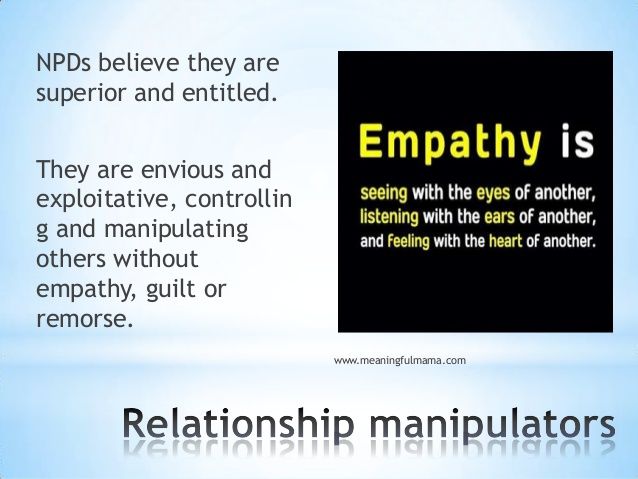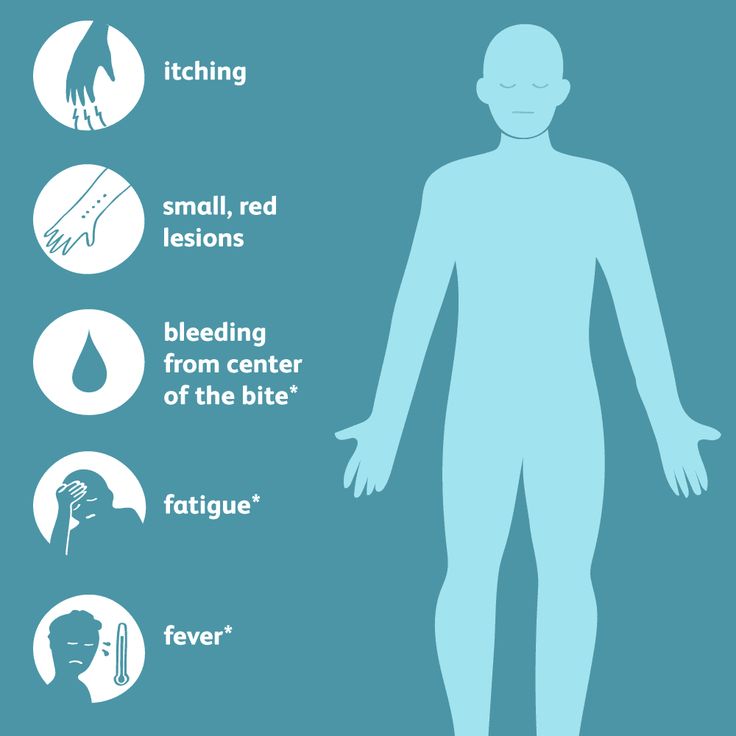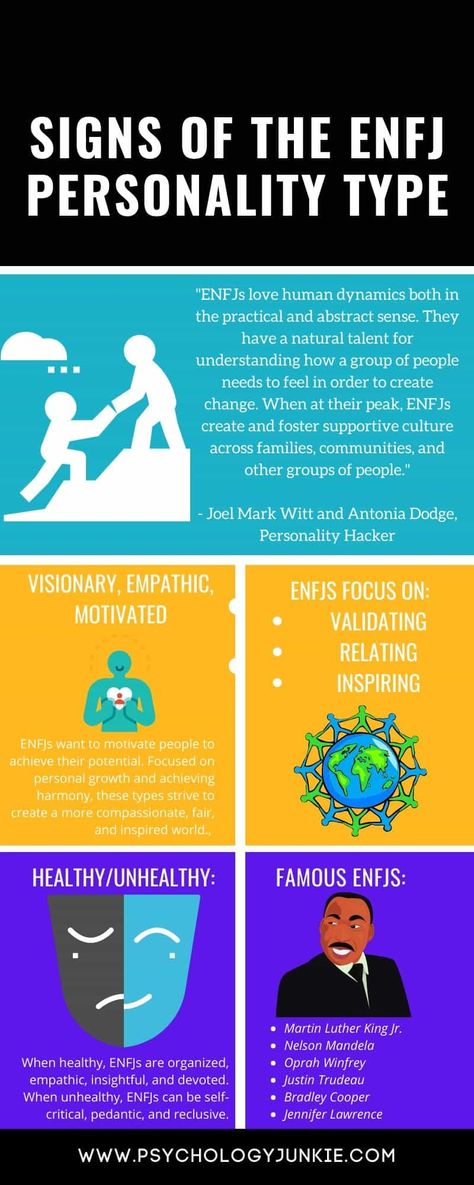Give up itis
when people just give up and die
During World War Two, when a cargo ship was torpedoed and sank in the North Sea, some of the crew managed to escape the sinking vessel. One survivor reported a curious incident that happened on their life raft:
There were seven of us on the raft, but the third officer died about two hours before we were picked up. He was very despondent, and toward the end he lost heart and gave up and died.
In another case of so-called give-up-itis, an American prisoner of war held in Vietnam and described by his colleagues as a strong and sure “marine’s marine” began to shuffle around the camp, becoming increasingly disconnected from the world around him before finally lying down, curling up and dying. His last words were: “Wake me when it’s over.”
The term give-up-itis was coined by medical officers during the Korean War (1950-1953). They described it as a condition where a person develops extreme apathy, gives up hope, relinquishes the will to live and dies, despite the lack of an obvious physical cause.
The medical officers also noted that the lucidity and sanity of give-up-itis victims were never in question and no observation of psychosis or depression has ever been reported, even up to death. When spoken to, people with the condition respond rationally and appropriately, but then revert to their earlier state, suggesting that, in spite of the extremity of the situation, basic cognitive functions remain intact.
Despite the many recorded cases of this condition, there has been no attempt to study the pattern of this fatal condition. In my latest research, I have attempted to redress this and have identified five stages of give-up-itis.
The five stages of give-up-itis
First, people withdraw socially. Their mood and motivation drop, but they are still able to think.
The second stage is marked by profound apathy, which has been described as “colossal inertia”.
The next stage – the third stage – is aboulia. This is a psychiatric term that means a loss of willpower or an inability to act decisively. At this stage, a person with give-up-itis often stops talking, washing and generally looking after themselves.
At this stage, a person with give-up-itis often stops talking, washing and generally looking after themselves.
The fourth stage is psychic akinesia. The person is now nearing the end. They no longer feel pain, thirst or hunger, and they often lose control of their bowels.
Then, bizarrely, just before death, the person often seems to make a miraculous recovery. But it’s a false recovery. The paradox is that while some goal-directed behaviour has returned, the goal itself appears to have become the relinquishing of life. This is stage five.
Brain circuit
The symptoms of progressive give-up-itis have parallels with impairment in the anterior cingulate circuit, a brain circuit that links specific areas of the frontal cortex (the part of the brain involved in higher order functioning) to regions deep within the brain. Impairment in this circuit, possibly through depletion of its major neurotransmitter, dopamine, produces the types of clinical symptoms seen in give-up-itis.
Give-up-itis commonly occurs in a traumatic situation from which there is, or is perceived to be, no escape and over which a person has little or no influence. While dopamine levels increase in a dangerous situation, they fall below base levels if the stressful situation is inescapable. People with reduced dopamine levels lack motivation, become apathetic and often have an impairment in routine actions. Aboulia and psychic akinesia are also associated with dopamine depletion.
Dopamine explained.The give-up-itis victim sees him or herself as being defeated, and death may be seen as a way to have some control over the stressful and inescapable situation. In other words, the continuing traumatic stress can be avoided through the strategic use of death. It’s death as a coping mechanism.
Give-up-itis is often seen as an unnecessary death and one which could and should be avoided. The modelling of the process of give-up-itis is a key step towards our understanding of this peculiar yet very real syndrome. Through this understanding, we should be able to prevent further deaths occurring in extreme situations.
Through this understanding, we should be able to prevent further deaths occurring in extreme situations.
'Give-up-itis' revisited: Neuropathology of extremis
Save citation to file
Format: Summary (text)PubMedPMIDAbstract (text)CSV
Add to Collections
- Create a new collection
- Add to an existing collection
Name your collection:
Name must be less than 100 characters
Choose a collection:
Unable to load your collection due to an error
Please try again
Add to My Bibliography
- My Bibliography
Unable to load your delegates due to an error
Please try again
Your saved search
Name of saved search:
Search terms:
Test search terms
Email: (change)
Which day? The first SundayThe first MondayThe first TuesdayThe first WednesdayThe first ThursdayThe first FridayThe first SaturdayThe first dayThe first weekday
Which day? SundayMondayTuesdayWednesdayThursdayFridaySaturday
Report format: SummarySummary (text)AbstractAbstract (text)PubMed
Send at most: 1 item5 items10 items20 items50 items100 items200 items
Send even when there aren't any new results
Optional text in email:
Create a file for external citation management software
Full text links
Elsevier Science
Full text links
. 2018 Nov;120:14-21.
2018 Nov;120:14-21.
doi: 10.1016/j.mehy.2018.08.009. Epub 2018 Aug 10.
John Leach 1
Affiliations
Affiliation
- 1 Extreme Environmental Medicine & Science Group, Extreme Environments Laboratory, University of Portsmouth, Portsmouth PO1 2ER, England, United Kingdom. Electronic address: [email protected].
- PMID: 30220334
- DOI: 10.1016/j.mehy.2018.08.009
John Leach. Med Hypotheses. 2018 Nov.
. 2018 Nov;120:14-21.
doi: 10.1016/j.mehy.2018.08.009. Epub 2018 Aug 10.
Author
John Leach 1
Affiliation
- 1 Extreme Environmental Medicine & Science Group, Extreme Environments Laboratory, University of Portsmouth, Portsmouth PO1 2ER, England, United Kingdom. Electronic address: [email protected].
- PMID: 30220334
- DOI: 10.1016/j.mehy.2018.08.009
Abstract
The term 'give-up-itis' describes people who respond to traumatic stress by developing extreme apathy, give up hope, relinquish the will to live and die, despite no obvious organic cause. This paper discusses the nature of give-up-itis, with progressive demotivation and executive dysfunction that have clinical analogues suggesting frontal-subcortical circuit dysfunction particularly within the dorsolateral prefrontal and anterior cingulate circuits. It is hypothesised that progressive give-up-itis is consequent upon dopamine disequilibrium in these circuits, and a general theory for the cause and progression of give-up-itis is presented in which it is proposed that give-up-itis is the clinical expression of mental defeat; in particular, it is a pathology of a normal, passive coping response.
This paper discusses the nature of give-up-itis, with progressive demotivation and executive dysfunction that have clinical analogues suggesting frontal-subcortical circuit dysfunction particularly within the dorsolateral prefrontal and anterior cingulate circuits. It is hypothesised that progressive give-up-itis is consequent upon dopamine disequilibrium in these circuits, and a general theory for the cause and progression of give-up-itis is presented in which it is proposed that give-up-itis is the clinical expression of mental defeat; in particular, it is a pathology of a normal, passive coping response.
Keywords: Death and dying; Neuropsychology; Psychological stress; Psychopathology.
Copyright © 2018 Elsevier Ltd. All rights reserved.
Similar articles
-
Frontal-subcortical circuitry and behavior.

Bonelli RM, Cummings JL. Bonelli RM, et al. Dialogues Clin Neurosci. 2007;9(2):141-51. doi: 10.31887/DCNS.2007.9.2/rbonelli. Dialogues Clin Neurosci. 2007. PMID: 17726913 Free PMC article. Review.
-
Frontal-subcortical circuits and neuropsychiatric disorders.
Mega MS, Cummings JL. Mega MS, et al. J Neuropsychiatry Clin Neurosci. 1994 Fall;6(4):358-70. doi: 10.1176/jnp.6.4.358. J Neuropsychiatry Clin Neurosci. 1994. PMID: 7841807 Review.
-
Theoretical exploration of the neural bases of behavioural disinhibition, apathy and executive dysfunction in preclinical Alzheimer's disease in people with Down's syndrome: potential involvement of multiple frontal-subcortical neuronal circuits.
Ball SL, Holland AJ, Watson PC, Huppert FA.
 Ball SL, et al. J Intellect Disabil Res. 2010 Apr;54(4):320-36. doi: 10.1111/j.1365-2788.2010.01261.x. Epub 2010 Feb 25. J Intellect Disabil Res. 2010. PMID: 20202073
Ball SL, et al. J Intellect Disabil Res. 2010 Apr;54(4):320-36. doi: 10.1111/j.1365-2788.2010.01261.x. Epub 2010 Feb 25. J Intellect Disabil Res. 2010. PMID: 20202073 -
Frontal-subcortical circuits: the anatomic basis of executive, social and motivated behaviors.
Masterman DL, Cummings JL. Masterman DL, et al. J Psychopharmacol. 1997;11(2):107-14. doi: 10.1177/026988119701100203. J Psychopharmacol. 1997. PMID: 9208374 Review.
-
A connectionist approach to the prefrontal cortex.
Weinberger DR. Weinberger DR. J Neuropsychiatry Clin Neurosci. 1993 Summer;5(3):241-53. doi: 10.1176/jnp.5.3.241. J Neuropsychiatry Clin Neurosci. 1993. PMID: 8369632 Review.
See all similar articles
Cited by
-
From Perceived Stress to Demoralization in Parkinson Disease: A Path Analysis.

de Figueiredo JM, Zhu B, Patel A, Kohn R, Koo BB, Louis ED. de Figueiredo JM, et al. Front Psychiatry. 2022 May 10;13:876445. doi: 10.3389/fpsyt.2022.876445. eCollection 2022. Front Psychiatry. 2022. PMID: 35619612 Free PMC article.
MeSH terms
Substances
Full text links
Elsevier Science
Cite
Format: AMA APA MLA NLM
Add to Collections
- Create a new collection
- Add to an existing collection
Name your collection:
Name must be less than 100 characters
Choose a collection:
Unable to load your collection due to an error
Please try again
Send To
Drop it!.
 Parables. Vedic flow Drop it!. Parables. Vedic flow
Parables. Vedic flow Drop it!. Parables. Vedic flow WikiReading
Parables. Vedic flow
Kukushkin S.A.
Contents
Drop it!
One peasant's white lilies bloomed. Usually at this time the flowers have not yet bloomed. The peasant was very happy with such a curiosity and decided to profitably sell them. He knew that in the morning a very rich man would go to the Buddha by their village and decided to offer him beautiful lilies. nine0003
In the morning, when he offered flowers to a rich man, he was delighted, even though the price was high.
A prince from a neighboring province was passing by, he was also on his way to the Buddha. Seeing the flowers, he exclaimed:
- Wait, don't sell them, I'll give you twice as much!
With flowers in hands, the happy prince appeared before the Buddha. The Buddha looked at him, at the flowers, and said:
- Drop it!
The prince thought that it was not good to give flowers to the Buddha with his left hand and, shifting them to his right hand, he extended them to the Buddha, feeling guilty. He laughed and said:
He laughed and said:
- Drop it!
And the man had to throw away the flowers. "But why?" he thought puzzled. And when both hands were empty, the Buddha laughed and said again:
- Drop it!
Now there was nothing to throw, so the man looked around - what to do? Ananda said:
- The Buddha didn't mean for you to throw the flowers. The one who brought the flowers should be thrown. Nothing will come from throwing flowers. Why don't you leave the one who brought the flowers? nine0003
The man understood and fell at the feet of the Buddha. He never returned to his palace.
His chief minister came and said to him:
— What are you doing? Even if you want to renounce, why be in such a hurry? Think a little. Your wife, your children, and the whole kingdom and your affairs...
The prince answered:
— If a person understands, then it always happens immediately. If a person wants to deceive himself, he says: "Tomorrow I will decide, I will do it, but not now. "
"
Drop it! One peasant's white lilies bloomed. Usually at this time the flowers have not yet bloomed. The peasant was very happy with such a curiosity and decided to profitably sell them. He knew that in the morning a very rich man would go to the Buddha by their village and decided to offer him beautiful
6. They said this, tempting Him, in order to find something to accuse Him. But Jesus, bending low, wrote with his finger on the ground, paying no attention to them. 7. And when they continued to ask him, he lifted himself up and said to them, He who is without sin among you, let him first throw a stone at her. 8. And again, leaning over
6. They said this, tempting Him, in order to find something to accuse Him. But Jesus, bending low, wrote with his finger on the ground, paying no attention to them. 7. And when they continued to ask him, he lifted himself up and said to them, He who is without sin among you, let him first throw a stone at her. 8. And
7. And when they continued to ask him, he lifted himself up and said to them, He who is without sin among you, let him first throw a stone at her. 8. And
29. If your right eye offends you, pluck it out and throw it away from you, for it is better for you that one of your members perish, and not your whole body be cast into hell. nine0048
29. If your right eye offends you, pluck it out and throw it away from you, for it is better for you that one of your members perish, and not your whole body be cast into hell. Right eye: right, not left, because it, like the right hand, is more precious to a person. In antiquity this is expressed
30. And if your right hand offends you, cut it off and throw it away from you, for it is better for you that one of your members perish, and not your whole body be cast into hell. nine0048
30. And if your right hand offends you, cut it off and throw it away from you, for it is better for you that one of your members perish, and not your whole body be cast into hell. In construction and meaning, this verse is no different from the previous one. The same truth is considered from
And if your right hand offends you, cut it off and throw it away from you, for it is better for you that one of your members perish, and not your whole body be cast into hell. In construction and meaning, this verse is no different from the previous one. The same truth is considered from
27. but, lest we tempt them, go to the sea, cast a hook, and take the first fish that comes across, and, opening its mouth, you will find a stater; take it and give it to them for me and for yourself. nine0048
27 But lest we tempt them, go to the sea, cast your hook, and take the first fish that comes along, and, opening its mouth, you will find a stater; take it and give it to them for me and for yourself. The stateir consisted of four drachmas, therefore it was called a tetradrachm: it should not be confused with gold
8. But if thy hand or thy foot offend thee, cut them off and cast them away from thee: it is better for thee to enter into life without an arm or without a leg, than with two arms and two legs to be cast into eternal fire; nine0048
8. If your hand or your foot offends you, cut them off and throw them away from you: it is better for you to enter into life without an arm or without a leg, than with two arms and two legs to be thrown into eternal fire; (Mark 9:43-45). Literally: ... it is good for you to enter life crippled or lame (?????? ? ?????) ...
If your hand or your foot offends you, cut them off and throw them away from you: it is better for you to enter into life without an arm or without a leg, than with two arms and two legs to be thrown into eternal fire; (Mark 9:43-45). Literally: ... it is good for you to enter life crippled or lame (?????? ? ?????) ...
9. And if your eye offends you, tear it out and throw it away from you: it is better for you to enter into life with one eye than to be cast into hellfire with two eyes. nine0048
9. And if your eye offends you, tear it out and throw it away from you: it is better for you to enter into life with one eye than to be cast into hellfire with two eyes. (Mark 9:47, 48). The construction of verse 9 is the same as the previous one. The same thought is repeated for the sake of
"If your right hand offends you, cut it off and throw it away from you"
"If your right hand offends you, cut it off and throw it away from you" To prevent the spread of a deadly disease throughout the body, everyone would agree to sacrifice even the right hand; but if it concerns something that threatens the soul, then shouldn’t it all the more
Water Rings - Drop it on the App Store
Description
This application imitates the water ring machine in the old days. Do you still remember it?
Do you still remember it?
Version 1.10
add another mode
Ratings and reviews nine0086
Ratings: 10
Bliss
I remembered this game in the morning and I really wanted to play it), I thought about ordering the toy, but I found the app and calmed down)).
In terms of sensations and physics * everything is exactly the same)) you can cheat by rejecting the phone and turning it back to catch rings) as in childhood 👏👏👏
Very cool)! Thank you ☺️🙏
nine0112Thanks for the nice comment.
I'm glad this app brings you joy. As a child, I was quite poor and could not afford to buy this thing. I remember I borrowed from a classmate.
Nostalgia
The author is well done, I suddenly remembered this game and really wanted to play, I think what if it is in the epstor and it is! Thanks
Thank you very much for your comment! I also used it when I was a kid :]
Developer niner wong has indicated that, in accordance with the app's privacy policy, data may be processed as described below. Detailed information is available in the developer's privacy policy.
Unrelated with user data
The following data may be collected, which is not related to the user's identity:
Sensitive data may be used differently depending on your age, features involved, or other factors.

Learn more














